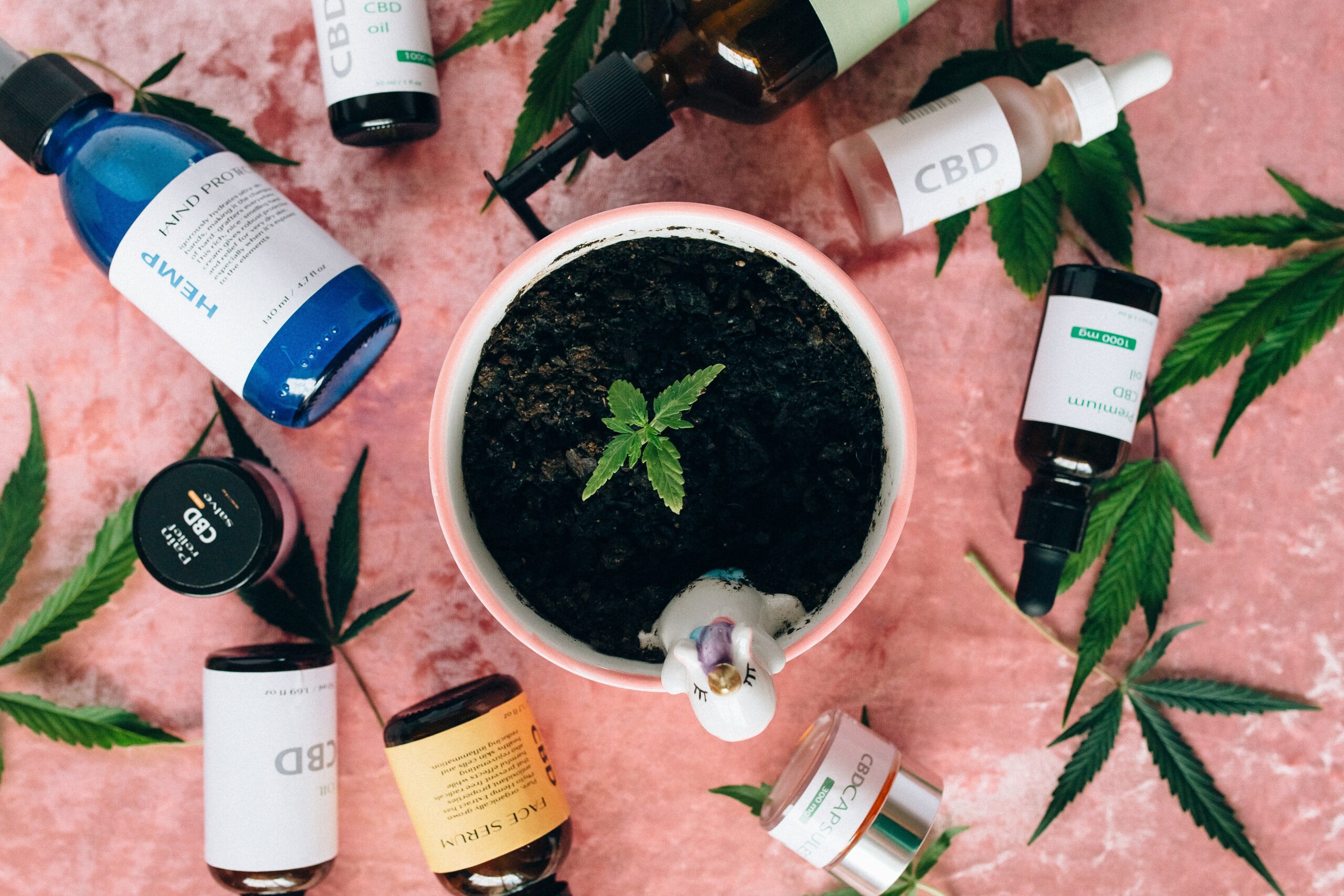
Introduction
CBD (cannabidiol) oil has gained significant attention in recent years for its potential benefits in promoting sleep and addressing sleep-related issues. As more people seek natural alternatives to improve their sleep quality, CBD oil has emerged as a topic of interest. In this comprehensive guide, we will explore the relationship between CBD oil and sleep, discussing its effects, potential benefits, usage, safety considerations, and more.
Understanding CBD Oil
CBD is one of the many cannabinoids found in the cannabis plant. Unlike its counterpart THC (tetrahydrocannabinol), CBD is not psychoactive and does not induce the “high” associated with marijuana use. CBD interacts with the endocannabinoid system in the body, which plays a crucial role in regulating various physiological processes, including sleep.
CBD oil is typically extracted from hemp plants, a variety of cannabis that contains minimal levels of THC. The oil can be taken in various forms, including tinctures, capsules, edibles, and topicals.
The Potential Benefits for Sleep
Research into CBD’s effects on sleep is still in its early stages, but there is a growing body of evidence suggesting that CBD may have a positive impact on sleep patterns. Some potential benefits include
Sleep Regulation
CBD may help regulate the sleep-wake cycle by interacting with the endocannabinoid system. It could potentially promote wakefulness during the day and improve sleep quality at night.
Anxiety and Stress Reduction
Anxiety and stress are common factors that contribute to sleep disturbances. CBD’s anxiolytic (anxiety-reducing) properties may help alleviate these issues, creating a more conducive environment for restful sleep.
Pain Management
Chronic pain conditions often lead to sleep disruptions. CBD’s anti-inflammatory and analgesic properties might offer relief from pain, allowing individuals to experience more comfortable sleep.
REM Sleep Behavior Disorder
Some studies suggest that CBD might be beneficial for individuals with REM sleep behavior disorder, a condition characterized by vivid and sometimes violent dreams during REM sleep. CBD’s muscle-relaxant properties could potentially minimize these episodes.
Usage and Dosage
If you’re considering using CBD oil to improve your sleep, it’s essential to approach it cautiously and consult with a healthcare professional, especially if you have any underlying health conditions or are taking medications. Here are some factors to consider:
Start Low and Go Slow
It’s recommended to start with a low dose and gradually increase it until you find the optimal dosage for your needs. This approach allows you to gauge how your body responds to CBD and minimizes the risk of adverse effects.
Timing
The timing of CBD consumption can influence its effects on sleep. Some individuals find it beneficial to take CBD about an hour before bedtime, while others may prefer taking it earlier in the day to address anxiety and stress that could impact nighttime sleep.
Dosage
Dosage recommendations vary depending on factors such as body weight, metabolism, and the concentration of CBD in the product. A common starting dose is around 20-40 mg per day, but it’s essential to follow the product’s instructions and consult a healthcare professional.
Safety Considerations
CBD is generally considered safe, with few reported side effects. However, everyone’s body reacts differently, and some individuals may experience
Dry mouth
Changes in appetite
Diarrhea
Fatigue
Additionally, CBD can interact with certain medications, so it’s crucial to consult your doctor before using CBD oil, especially if you are taking medications like blood thinners or medications that affect liver enzymes.
Choosing a Quality Product
The quality of the CBD oil you choose can significantly impact its effectiveness and safety. When selecting a product:
Look for Third-Party Testing: Reputable manufacturers often have their products tested by independent third-party laboratories. This testing ensures that the product’s CBD content is accurate and that it’s free from contaminants like heavy metals and pesticides.
Check THC Content: Choose products that contain less than 0.3% THC to ensure legal compliance and avoid psychoactive effects.
Read Reviews: User reviews can provide insights into the product’s effects on sleep and overall quality.
Conclusion
CBD oil’s potential to promote better sleep and address sleep-related issues has captured the interest of many individuals seeking natural alternatives to improve their sleep quality. While research is ongoing, early findings suggest that CBD’s interaction with the endocannabinoid system could have positive effects on sleep regulation, anxiety reduction, pain management, and more.
As with any supplement or treatment, it’s crucial to approach CBD oil with caution. Consultation with a healthcare professional, starting with a low dose, and choosing a reputable product are essential steps to ensure safety and efficacy. While CBD oil may not be a magical solution for everyone’s sleep troubles, it represents a promising avenue for those looking to explore natural options for enhancing their sleep quality.
- Skin Pen Microneedling Near Cranleigh, Surrey - January 4, 2025
- Ninth Posture Of The Perfumed Garden – Best Sex Positions - January 2, 2025
- Retinol Peel Near Normandy, Surrey - January 1, 2025

